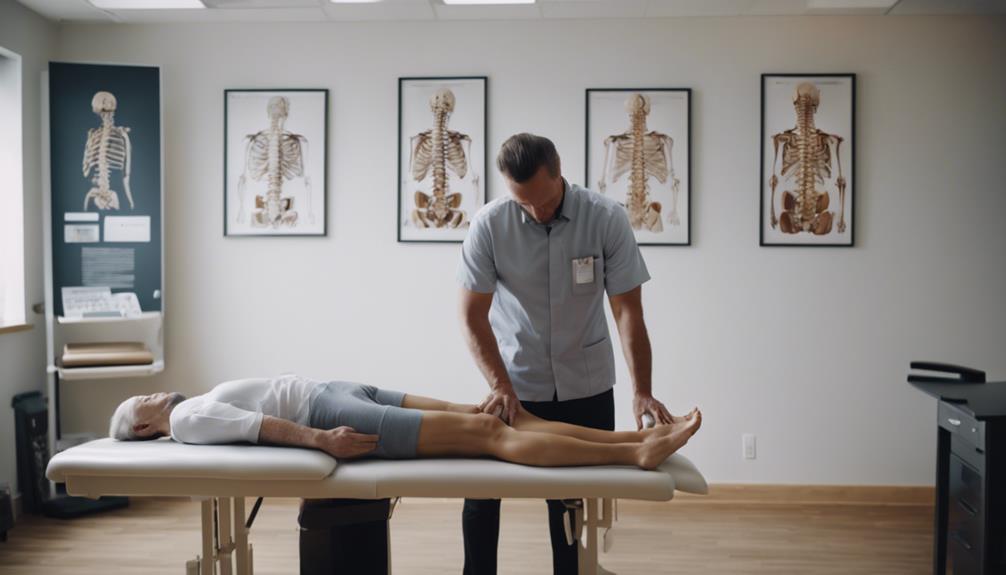Lower stomach pain can be a troubling and uncomfortable experience that many people encounter at various points in their lives. This discomfort can arise from a multitude of reasons, ranging from benign issues to more serious medical conditions. Understanding the causes, knowing when to seek help, and managing the pain effectively at home can empower you to take control of your health. In this article, we will explore the common causes of lower stomach pain, when it’s time to consult a healthcare professional, and practical tips for alleviating the pain at home.
Understanding Lower Stomach Pain: Common Causes Explained
Lower stomach pain can stem from various sources, and identifying the cause is crucial for appropriate treatment. Common causes include gastrointestinal issues like irritable bowel syndrome (IBS), constipation, or gastritis, which can lead to cramping and discomfort. Another frequent culprit is menstrual cramps in women, where hormonal changes can cause significant pain in the lower abdomen. Additionally, other conditions such as urinary tract infections (UTIs) can also present as lower stomach pain, especially when accompanied by other symptoms like burning during urination.
In some cases, lower stomach pain might indicate more serious health issues, such as appendicitis or ectopic pregnancy. These conditions often come with other symptoms like fever, nausea, or severe pain that can worsen over time. It’s important to listen to your body and recognize patterns in the pain, as well as any accompanying symptoms, to better understand what might be happening. Keeping track of these details can be incredibly helpful when discussing your situation with a healthcare provider.
Lower Stomach Pain: When to Worry and Seek Help
While lower stomach pain is common and often harmless, there are times when it necessitates a visit to a doctor. If you experience severe pain that comes on suddenly, particularly if it’s localized or accompanied by fever, vomiting, or changes in bowel habits, it’s essential to seek medical attention. These symptoms could indicate a more serious condition that requires immediate intervention, such as appendicitis, diverticulitis, or ovarian torsion in women.
Another red flag is any lower stomach pain that persists or worsens over time. Chronic pain, especially if it disrupts your daily life or is associated with unexplained weight loss or changes in appetite, warrants a thorough evaluation. Early diagnosis and treatment are pivotal in managing potentially serious issues effectively, so don’t hesitate to reach out to a healthcare professional if you’re concerned about your symptoms.
Tips for Managing Lower Stomach Pain at Home Effectively
Managing lower stomach pain at home starts with lifestyle adjustments and some simple remedies. One effective way to ease discomfort is through the use of heat. Applying a heating pad or hot water bottle to your lower abdomen can help relax muscles and reduce cramps. Additionally, gentle exercises like walking or stretching can also promote digestion and relieve tension in the abdominal area.
Diet also plays a crucial role in managing lower stomach pain. Keeping a food diary to track what you eat and identifying any potential trigger foods can be beneficial. Staying hydrated and incorporating fiber-rich foods into your diet can help alleviate constipation, a common cause of lower abdominal pain. Herbal teas, like peppermint or ginger tea, may also provide soothing relief. Remember, however, that while these tips can help manage mild symptoms, they are not a substitute for professional medical advice in cases of severe or persistent pain.
Lower stomach pain can be perplexing, but understanding the common causes, knowing when to seek help, and being equipped with home management strategies can significantly enhance your well-being. Whether you’re dealing with a minor issue or something more concerning, it’s essential to listen to your body and respond accordingly. With the right information and support, you can take steps toward finding relief and maintaining your health.
